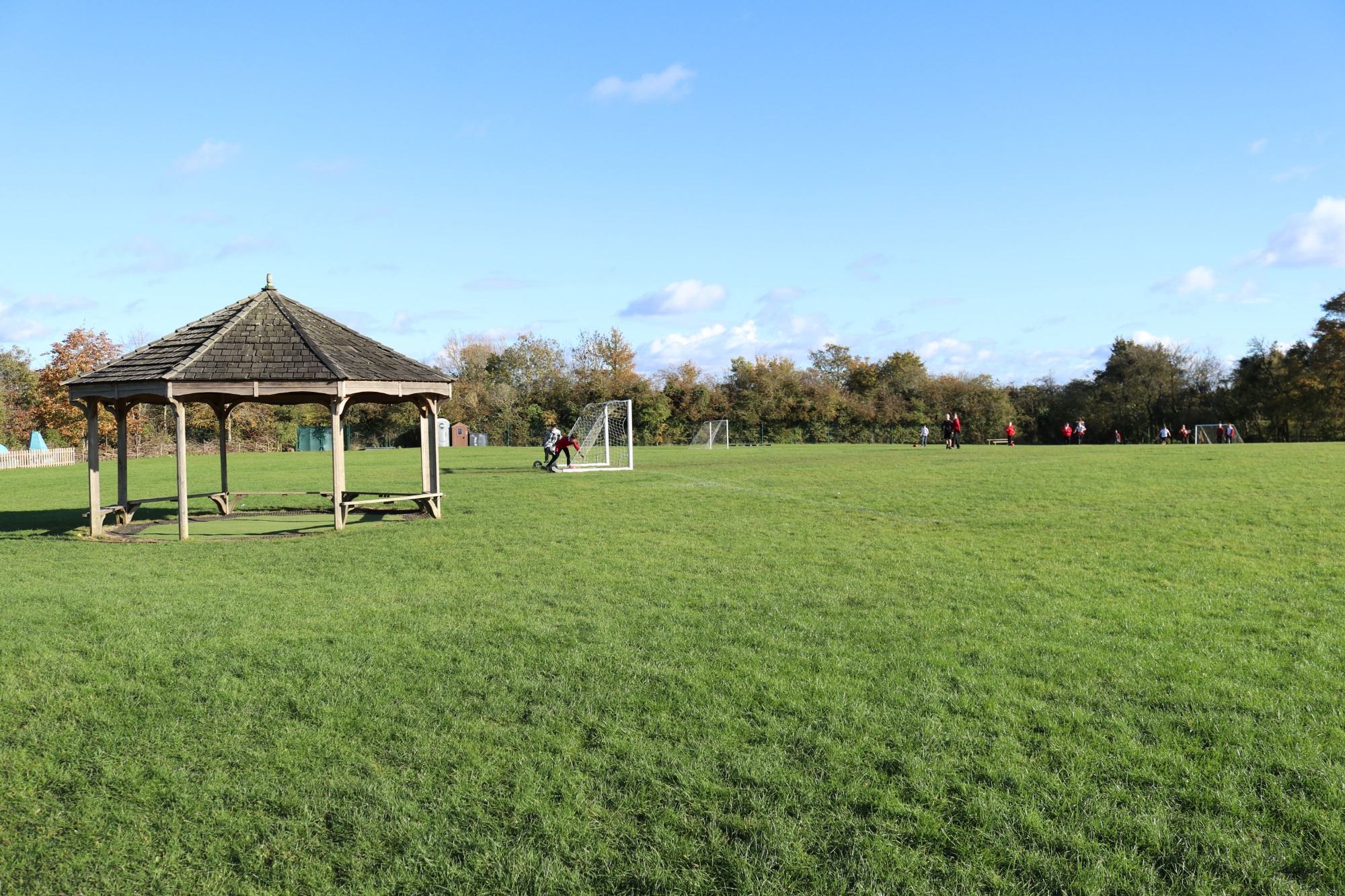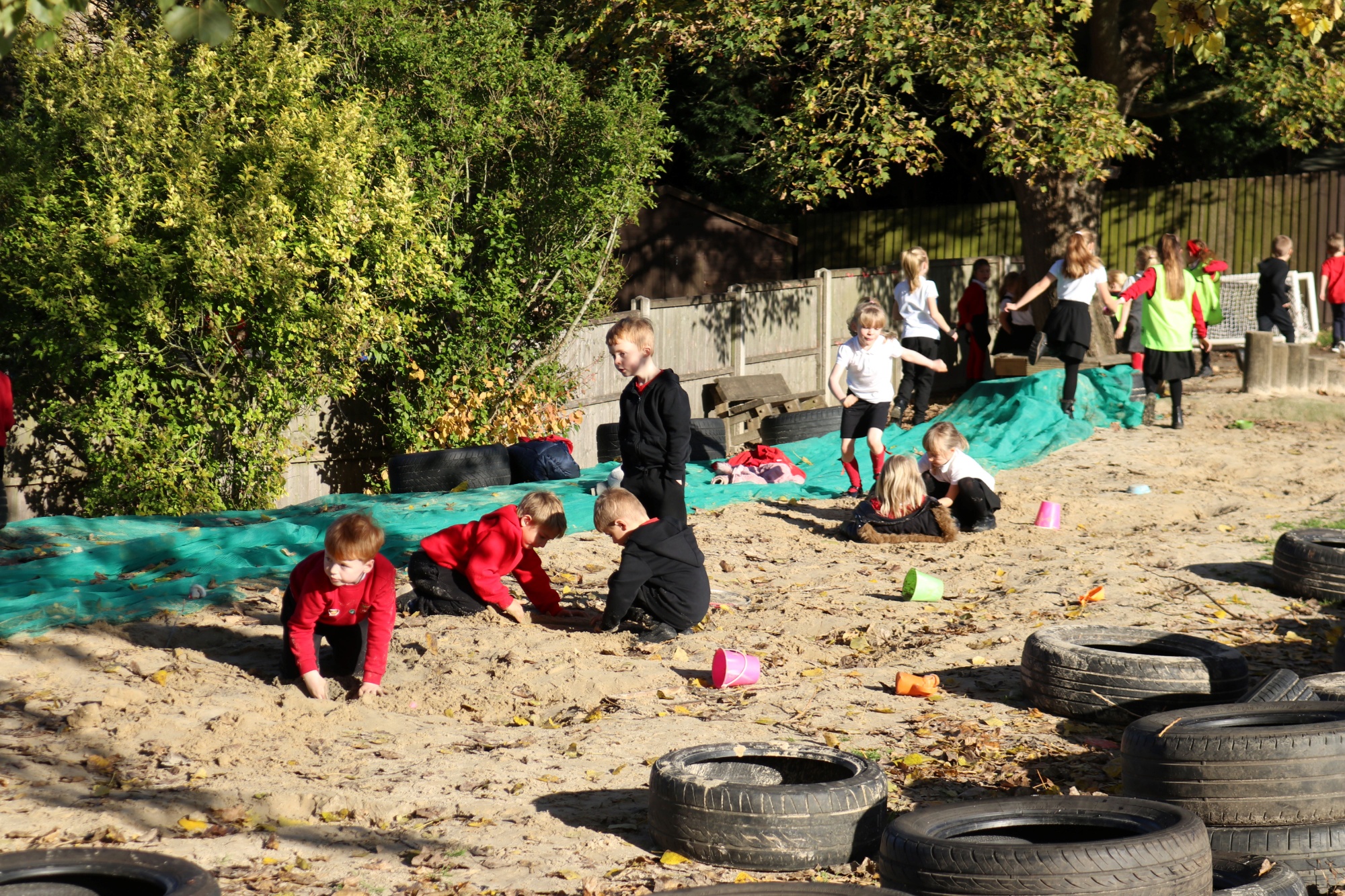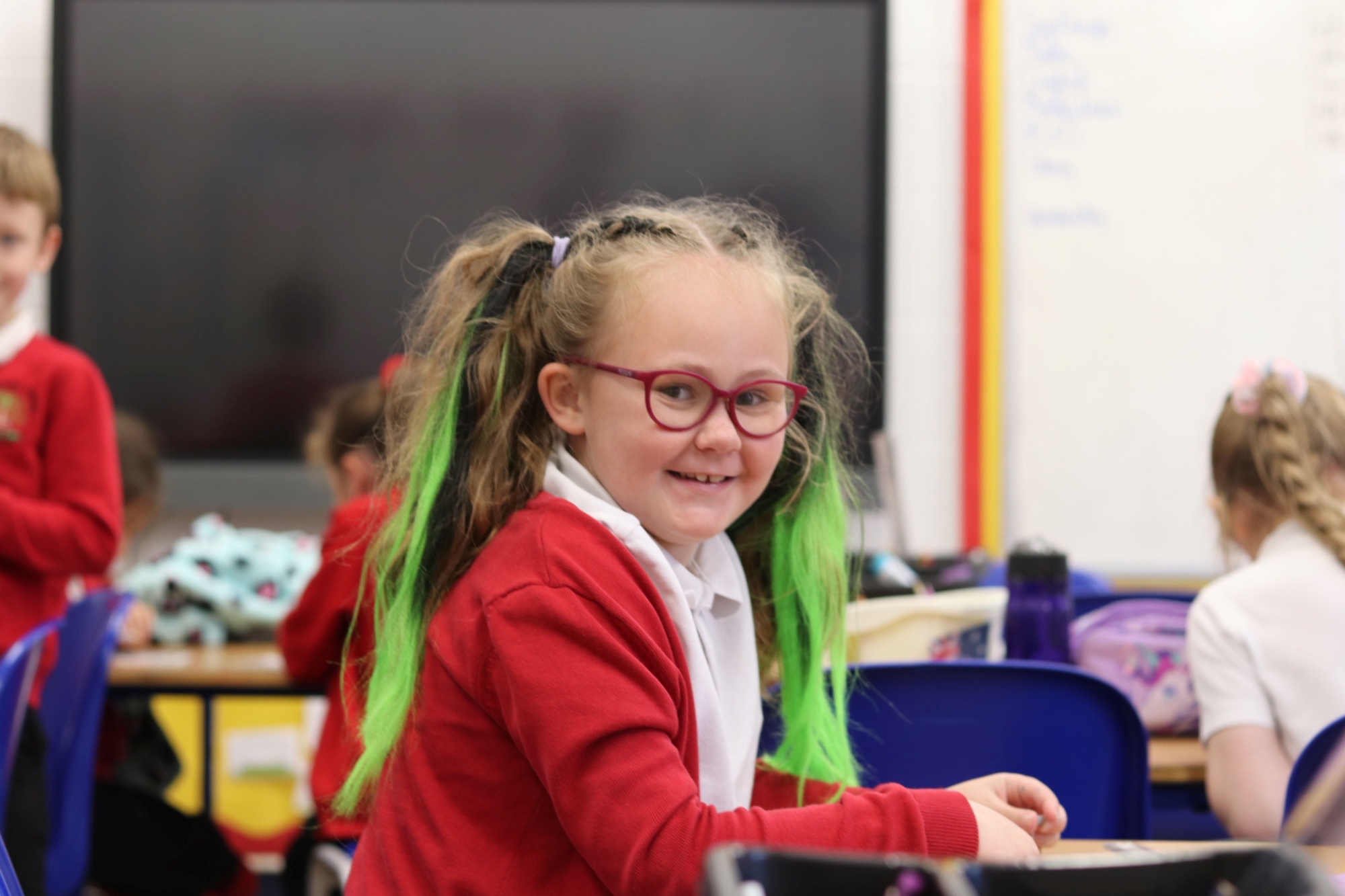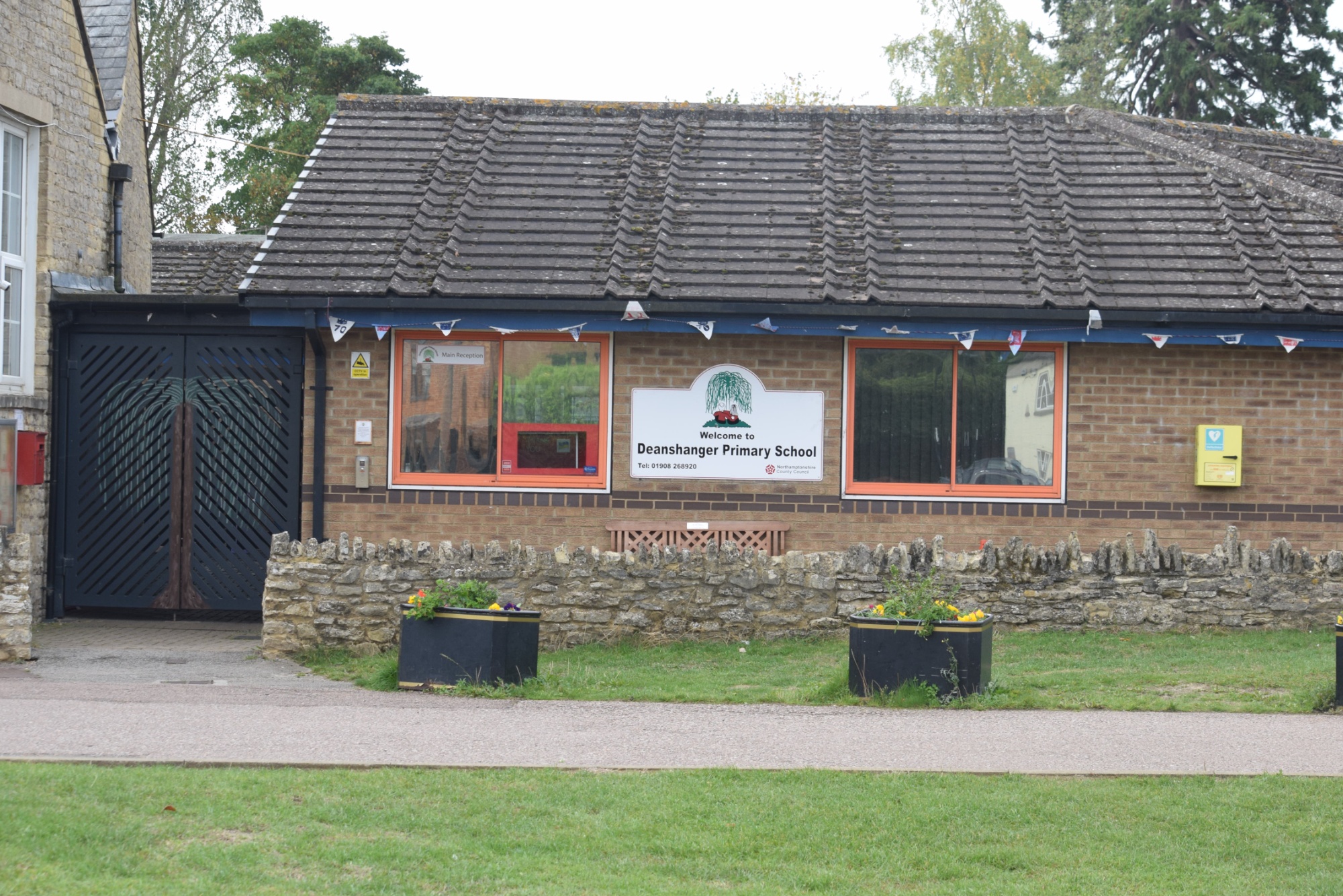Retrieval Practice @ DPS
Retrieval Practice is the process of bringing our long-term learning to mind without using books or materials - just our memory. It is one of many learning strategies used to activate pupils to think hard and bring information to mind. Pupils will acquire knowledge from day-to-day teaching, but they have not actually learned this until they can recall it and apply it. Learning is a change in long-term memory – if we don’t regularly revisit the knowledge, there is a risk of losing it.
Retrieval Practice is a learning technique, not an assessment technique.
The way in which we do retrieval practice @DPS is low stakes. It is not a test or assessing what the children can’t do, and we don't ask the pupils to share their results or to mark each other’s (where the retrieval is a recorded quiz) as this may heighten anxiety for some children. By going over the answers, it will help all children to strengthen their memory.
When we transfer knowledge from our short-term to our working memory, the connection is strengthened in our brain and boosts learning so that it is less likely to be forgotten in the future. Retrieval Practice has consistently been found to be an effective way of making sure learning sticks – sticky knowledge is the key and what we are striving for!
For retrieval practice to work, there has to be an element of struggle; it has to be at the very least, a bit hard to remember. There is no point in doing retrieval practice on a lesson that we have just taught - it’s the struggle that strengthens the memory. Retrieval practice works best when memories are close to being forgotten.
At Deanshanger Primary School Retrieval practice takes many forms, some that we have been using for many years and some that we have just started to include to further strengthen our curriculum.
Sticky knowledge quizzes are being built with subject champion and year group input. Retrieval practice quizzes are being designed to quiz the pupils in all subject areas on previously taught knowledge and some age-related general knowledge. Teachers are building these quizzes with the knowledge that they would like the children to remember in the future ie, sticky knowledge. The subject and year group curriculum plans guide the quiz content. The quizzes will be delivered orally or using mini whiteboards.
The quizzes will be daily, with all subject areas covered within the week. The staff will be encouraged to RAG rate the quizzes each week to guide future planning and teaching.
Subject Elevation Groups – At least twice a year, we hold a subject elevation groups in each subject. This is when a group of students (normally 5 or 6) are randomly selected from a year group to come and meet the subject champion/s and talk about their learning. It provides a rich opportunity to hear 'pupil voice' and understand their ability to talk about their learning - has it gone into their long-term memory? What parts of the curriculum are easily retrieved, and what could we consider further to help to create sticky knowledge?
Buddy Events/Sharing - At the end of each term, and sometimes in between, we have whole school buddy events when different year groups get together to share their knowledge. By listening to each other, asking questions and sharing their new knowledge and skills, the pupils are provided with a meaningful opportunity to retrieve information and strengthen their learning.
Knowledge Harvest - At the start of new units from the International Primary Curriculum (IPC), pupils are able to independently make connections between previous and current learning, express how subjects are interlinked through the Big Idea, as well as talking about their progress throughout units and academic years. The knowledge harvest provides another opportunity to retrieve learning and apply it to a new context. The teaching team are able to understand the extent of sticky knowledge.
Exit Point – An exit point is planned at the end of a unit of learning, to showcase new knowledge and provide opportunities to share this with an audience. Sometimes this might be parents and carers, another class or just each other. Retrieval is relevant whether the learning in from last week, last month or last year - talking it through and presenting this in various forms, supports the depth of learning.
Think–Pair-Share is a cooperative learning activity used regularly @ DPS. The adults pose a question and the pupils think first, drawing upon prior knowledge before discussing their response with a person sitting near them. Think-Pair-Share provides them with adequate time to think and recall in order to increase their quality of responses.
Hot Seating is a drama strategy used across the school in which a character or characters, played by the teacher or a child, are interviewed by the rest of the group. It invites children to recount a specific event, explore motivation and multiple perspectives/experiences related to a theme, topic, event, or idea within a story. By questioning in this way, it builds and strengthens knowledge.
Home/School Diary - In the pupil's home/school diary, there are suggested activities to reflect upon learning and consider retrieval.
If you would like to do your own research about Retrieval Practice then the following link is a very good starting point - https://www.retrievalpractice.org/why-it-works




